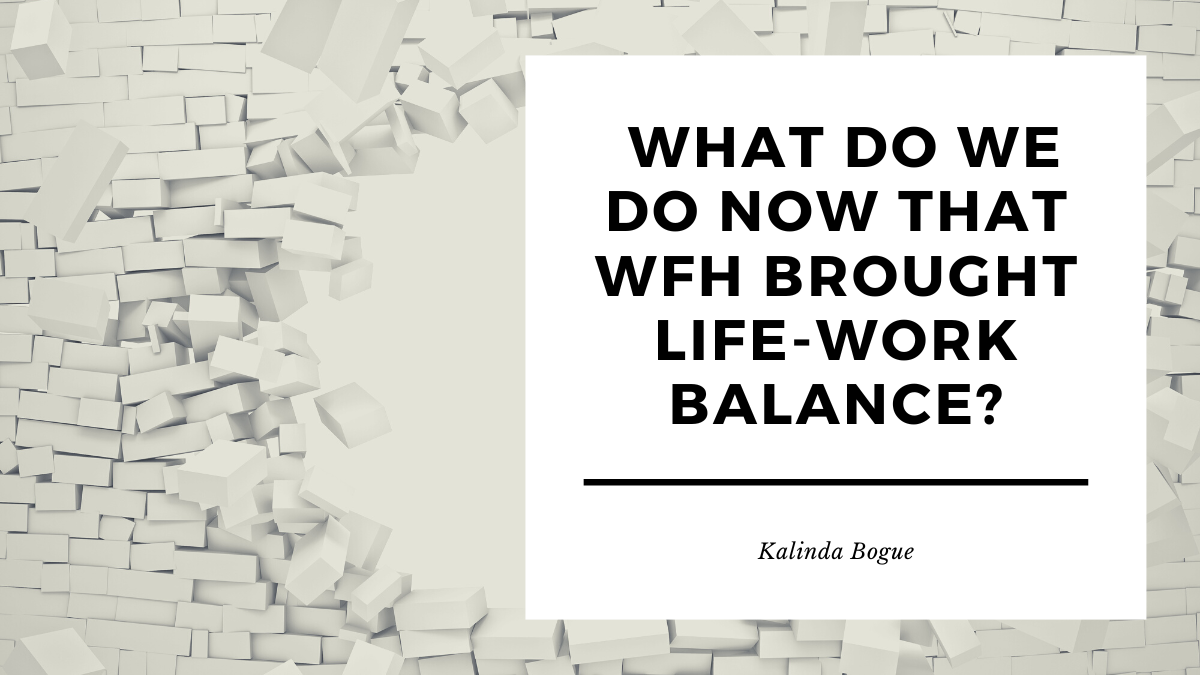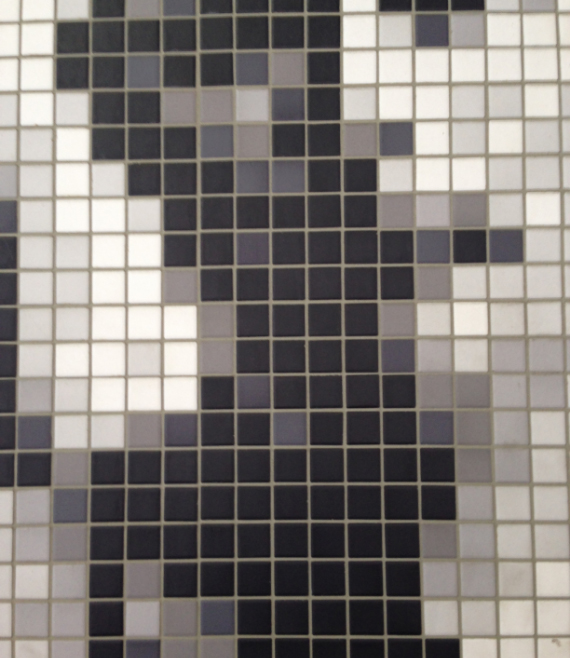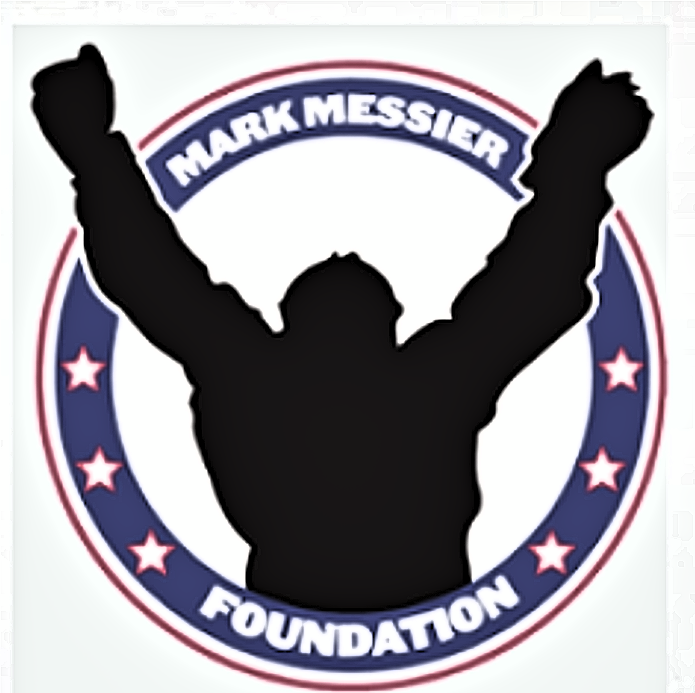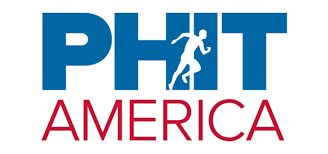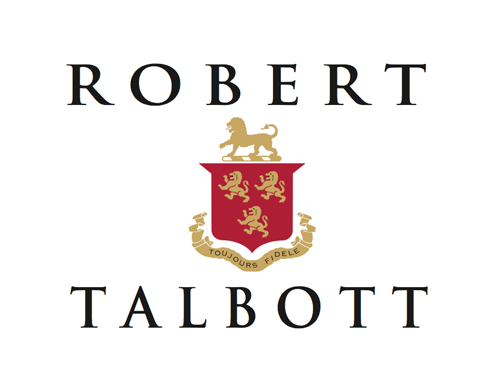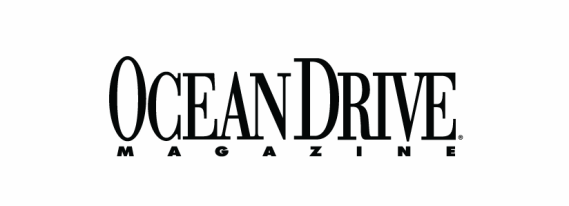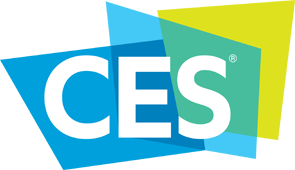I remember when the work from home (WFH) order began. I was thrilled. Finally, in a broad global stroke, the scaffolding that held up what we commonly call “work” was to be challenged.
Work has been defined in contrast to “life”, a portion of our hours and days contained within a space, among a collection of people, organized into spaces. A set of expected behaviors are to be executed within an attitude inside this space, which is surrounded by a barrier constructed to limit access and disruption from “personal” – i.e. home, family, health, interests, and friends – the realm “outside” of work.
For me, this was the dawning of a new era, where we’d be forced to question the system and structures we’d subscribed to and their relevance to an age where everything else about how we lived had changed.
Starting as far back as the beeper, we’d permitted work to enter our personal lives. Strapped to our waistlines, we signaled our availability to respond to the call of work, trained to jump over the wall that separated the two domains at the sound of a subtle buzz.
Work entering our personal life made us feel important.
Permission for personal lives to enter our work lives has been much slower, mostly frowned upon and brought our commitment into question. Initially reserved as an unspoken benefit to upper management, reluctantly given to parents with justifiable conflicts and legitimate emergencies or allowed as a “favor” attached with an expectation that you’d double down to make up for it, or an assumption, especially for women, that you were too distracted for the responsibility of advanced roles.
Personal life entering our work made us feel weak.
With the pandemic, we faced a necessity. Sledgehammers in the form of Zoom, Teams and Google Meet busted through the separating wall. Work flooded into our guest rooms and over our dining room tables. Life seeped through the portal of our webcams. Kids and pets showed up at meetings, glasses from our own kitchens came to virtual happy hours, silhouettes of our partners floated in the periphery.
When the wall fell, work and life collided like two powerful waves hitting a reef, now co-mingled, impossible to separate the same way again.
As in any seismic change, there were tradeoffs.
We lost our comfort and unspoken agreements. Our containers broke. Our co-workers “other life” could no longer be irrelevant. We had a peek inside their home: their art and paint colors, bed head and 5 o’clock shadow. We lost our veneers because they saw inside our lives too. Naïveté of demands at home no longer held, and the balance of housework and parenting had to be renegotiated. The innocence of the weight (and glamour?) of “real work” was broken, as others in the home were no longer sheltered from the pressures and frustrations experienced doing one’s job.
We lost our transition time, the commute that transformed us from a person to a worker: who we were to who we wanted to be perceived as. The ritual of letting up our anchors and facing the yet unknown adventures of the day, then returning to the grounding nourishment of home after a day of victory, battle, or defeat.
We lost the change of scenery, the random occurrences with others inside elevators, at the coffee stand and passing in hallways - in and around the office, during air travel, at hotels and dinners in different cities. We lost the scents, the touch, the un-mutable background sounds. We lost the stimulation and subtle wonders of environments that came at us and the patterns and distinctions our subconscious noted.
But in the two way flow, we also gained.
Discomfort fostered vulnerability. Mental health came out from the shadows. We admitted that lack of sleep, fresh air and recreation didn’t make us warriors but dull tools. Virtual rooms renewed civility within meetings. All participants now had an equal square and multiple options to speak, on or off screen, through chat or emoji. Introverts were heard more, and extroverts listened more. Face-to-face rather than shoulder-to-shoulder disarmed the power dynamic around a table and instead made visible and energized the diversity (or lack of it) in the mosaic of tiles on our screens. Gossip, peacocking, sarcasm, and side-talking subsided. Leaders relied less on power, and those previously with less of it gained confidence to assert themselves.
Fluidity replaced rigidity. A marathon sales meeting could be followed by a restorative bike ride. Frustration from a conversation with a colleague could now dissipate into clarity during the calming act of folding laundry. Appointments with the doctor, the vet or school counselors worked into the agenda of a full day, not squeezed into the tight spaces at lunch, before or after work where personal life was supposed to live. A short conversation with a neighbor brought a perspective your team may have missed. Finishing a creative brief on the quiet hours of an evening could feel like an optimized time for focus rather than work stealing from life.
Presence woke us up. With transitions shortened, room was created to be more attentive to the things in front of us. In the reduction of rush, we slowed down enough to consider how we were spending our days, what we were sacrificing to the systems and why. The lines between work and personal blurred, revealing inconsistencies between them; sometimes conflicting values, identities, and relationships spurring us to reconsider our integrity. We were more productive, realizing that office chatter, unnecessary meetings and interruptions were sometimes just forms of procrastination to look busy and get us to the finish of the contained workday. Seeing our kids when they finished school rather than hours later deepened our relationships. Visibility to our work spurred new conversations in our homes, neighborhoods and resident buildings about the people we build with and the challenges, lessons, and joys of our occupation.
We have a distinct opportunity to ask new questions and energize our systems.
What if work and personal domains weren’t supposed to always be at odds with each other?
Wrestling to achieve work-life “balance”, we’ve missed that work is an essential component of a full life, not its opposite. That our personal and work experiences nourish one another in partnership, not as master and slave.
As organizations, how might we leverage this thought?
How would it change the way we see the work style preferences of contributing humans in the context of our need for structure to cultivate the collective and our insistence on preserving the beliefs that drive the company policies?
The wall fell. Will we simply build a new one and add a few gates?
How could we be the creators of a new way where occupational skill is enhanced by rich personal living and organizations profit exponentially by beliefs that the dignity and self-expression of work fulfills a deep human longing.
Can you imagine?
